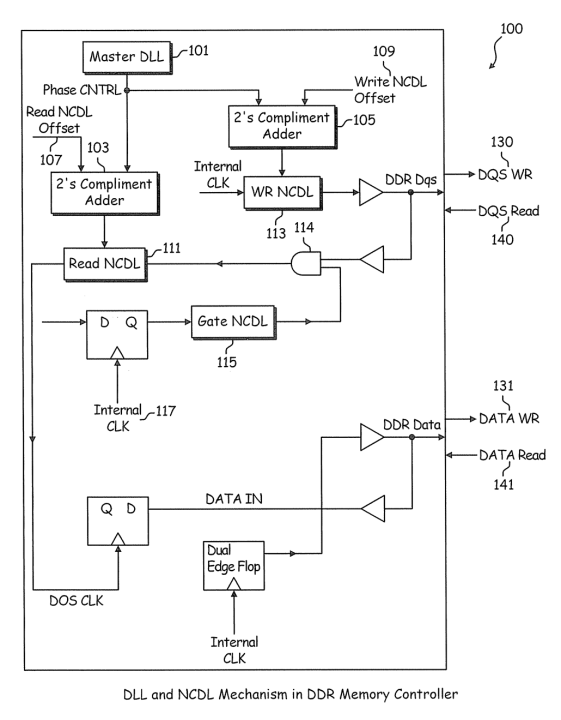As COVID-19 continues to shift everyday life and the global economy, accounting professionals are looking for information to help guide their clients through these trying times. These organizations will lean on their in-house experience and should pay close attention to the lessons learned during the 2008 market crisis. Force Majeure is a clause included within an agreement that is commonly referred to as the “Act of God” clause. The clause is generally intended for acts of nature that were unpredictable such as floods, fires, or earthquakes but are not limited to these examples. Force Majeure clauses use specific language in transactions that can absolve the involved parties of their responsibilities. This allows the opportunity to renegotiate when an event occurs that is outside the control of either party.
In order to better understand Force Majeure contracts, companies should use data to help draft clear language in relation to potential pandemics, especially in light of the current COVID-19 situation. Thankfully, license agreements and other types of agreements provide a window into how companies are addressing this crisis. Contracts referencing Force Majeure and pandemics (or similar biological issues) should be leveraged to help understand how to structure contracts in the future.
We are hearing many cases entering the courts where parties are claiming the contract needs to be voided or modified due to the nature of the pandemic citing it as a Force Majeure reason. However, just because a Force Majeure clause is present, there’s no guarantee it will cover this specific instance depending on the clause language. In fact, the only way to fully understand how the clause is constructed would be to review the contractual language to understand the extent of coverage.
With the varying levels of economic uncertainty brought on by the COVID-19, companies should protect themselves by including Force Majeure language in their intercompany agreements that remove any ambiguity and are not overly broad. Ultimately, ensure the agreement meets the business needs and risks. The most effective way to ensure the language being drafted is appropriately structured would be to analyze existing clauses.
Are you certain your intercompany agreements protect your business and give you the support, protection, and flexibility to act in the current environment? Be on the lookout for a follow-up blog providing a more in-depth analysis and use cases of what we are seeing within our agreements dataset.
Contact us to learn more.




